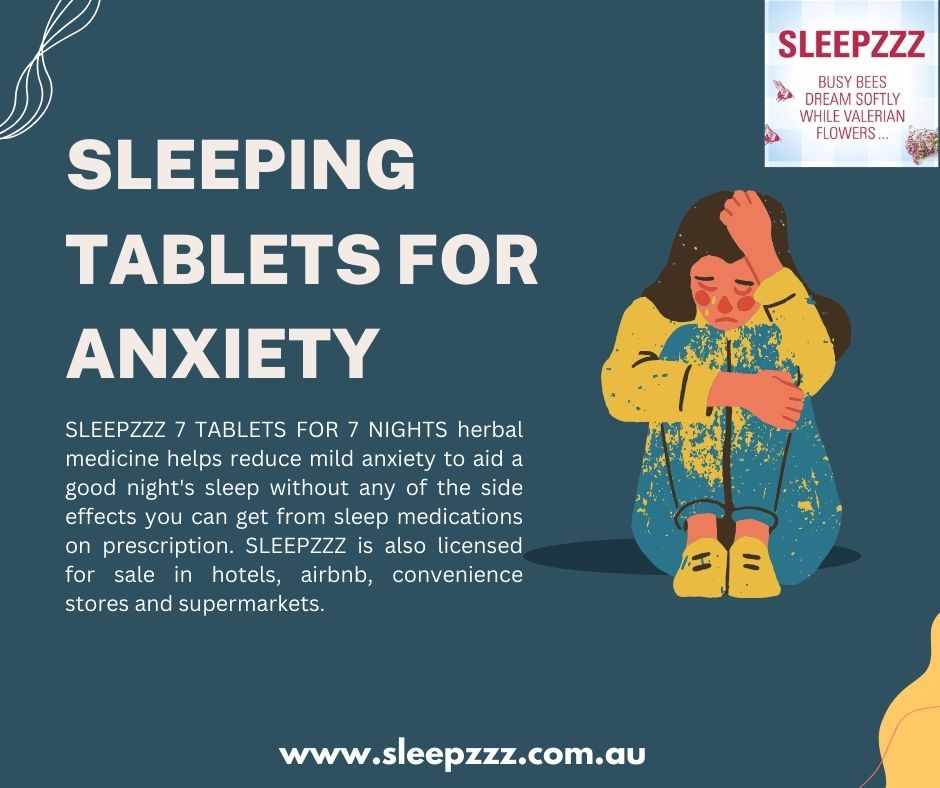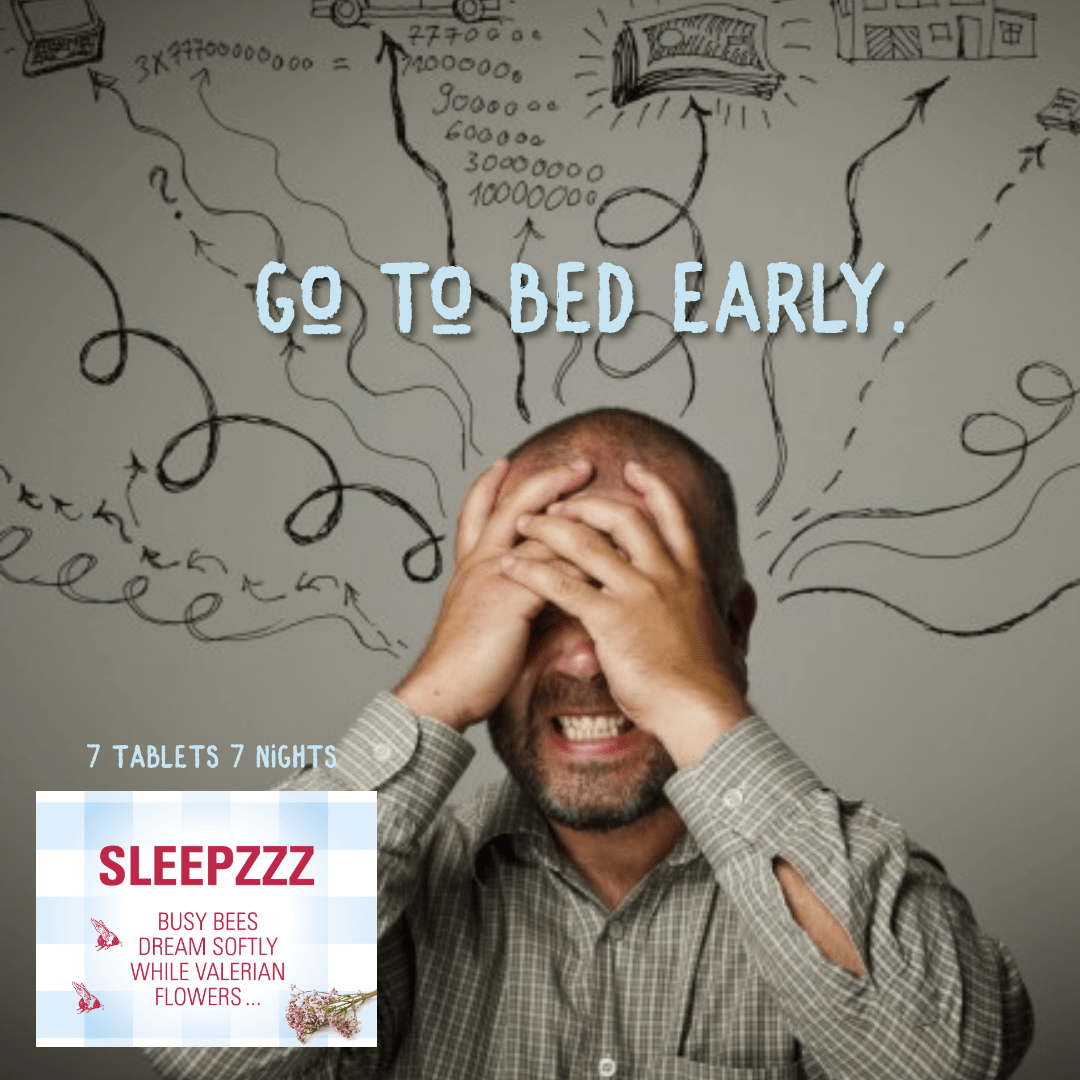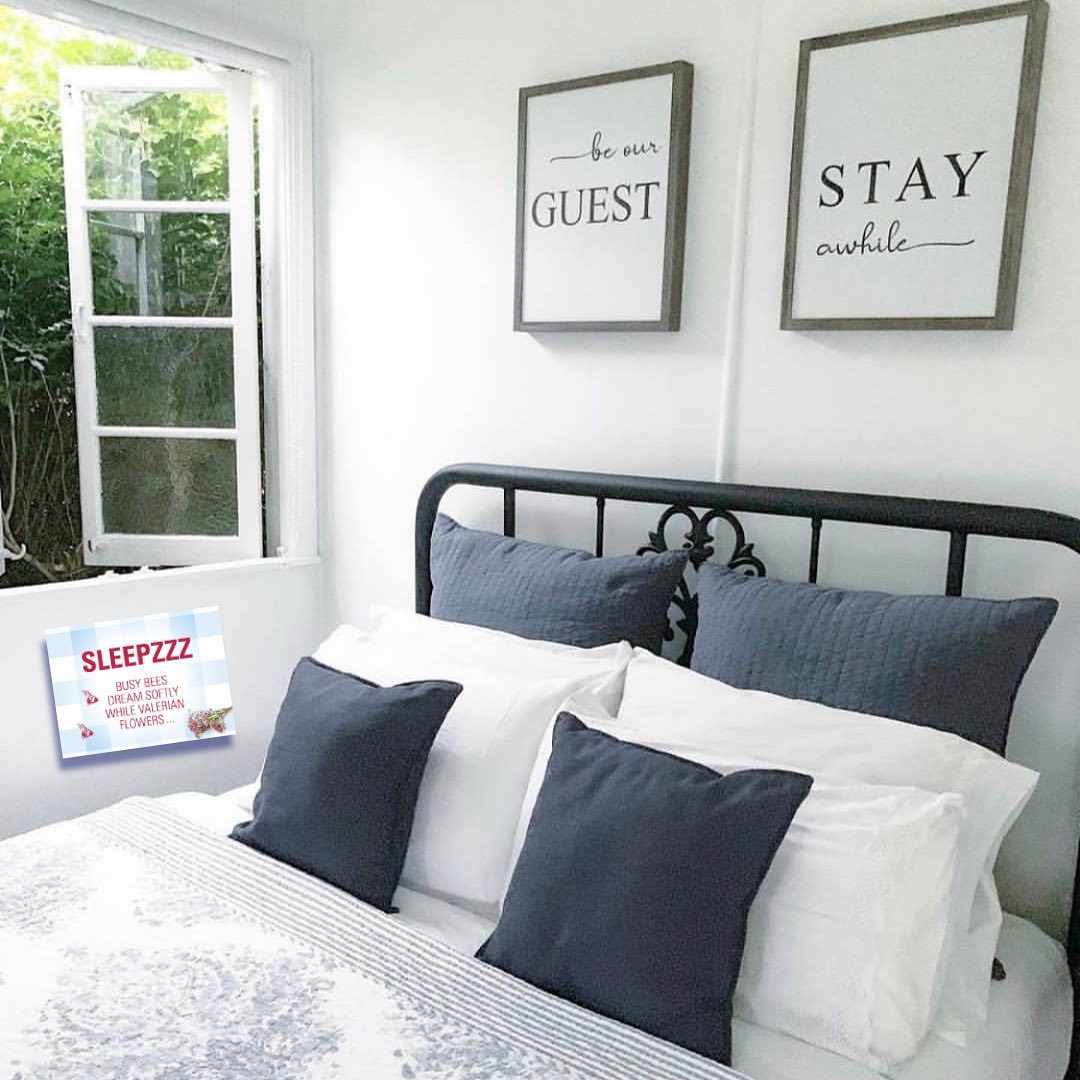
Sleeping disorders and anxiety often go hand in hand, creating a vicious cycle that can be challenging to break. Anxiety can cause sleep disturbances, and insufficient sleep can exacerbate anxiety symptoms. In search of relief, many individuals turn to sleeping tablets. While sleeping tablets can offer temporary respite, they are not a long-term solution and come with their own set of considerations and potential side effects. In this blog, we will explore the connection between anxiety and sleep, the role of sleeping tablets for anxiety, the types available, their potential benefits and drawbacks, and alternative strategies for managing anxiety-related sleep issues.
Understanding the Link between Anxiety and Sleep
Before delving into the role of sleeping tablets, it's crucial to understand how anxiety affects sleep. Anxiety, a common mental health condition, can lead to various sleep disturbances, including:
Difficulty Falling Asleep: Anxious thoughts and worries can make it challenging to relax and fall asleep at night.
Frequent Awakenings: Anxiety may cause individuals to wake up frequently throughout the night, disrupting the sleep cycle.
Nightmares: Anxiety can lead to vivid and distressing dreams or nightmares, which can wake the individual and increase anxiety levels.
Early Morning Awakening: Some individuals with anxiety may wake up very early in the morning and struggle to go back to sleep.
Restless Sleep: Anxiety can result in restless tossing and turning during the night, leading to poor sleep quality.
These sleep disturbances not only exacerbate anxiety but also contribute to a cycle of sleep deprivation and increased anxiety, creating a challenging cycle to break.
The Role of Sleeping Tablets
Sleeping tablets, also known as sleep aids or hypnotics, are medications designed to help individuals with insomnia or sleep difficulties. They can be either prescription or over-the-counter (OTC) medications. People with anxiety often turn to sleeping tablets to address their sleep problems because they offer the promise of quicker and more restful sleep.
Types of Sleeping Tablets
There are several types of sleeping tablets available, each with its own mechanism of action:
Benzodiazepines: These are a class of drugs that depress the central nervous system and promote relaxation. Examples include Xanax and Valium. While effective, they are generally prescribed for short-term use due to their potential for dependence.
Non-Benzodiazepine Hypnotics: These drugs work similarly to benzodiazepines but have a lower risk of dependence. Common examples are Ambien and Lunesta.
Antidepressants: Some antidepressants, such as trazodone and amitriptyline, are prescribed off-label to treat insomnia associated with anxiety or depression.
Melatonin Supplements: Melatonin is a hormone that helps regulate sleep-wake cycles. Melatonin supplements are available over-the-counter and can help individuals fall asleep faster.
Benefits of Sleeping Tablets for Anxiety
Sleeping tablets can provide several benefits for individuals with anxiety-related sleep disturbances:
Improved Sleep Onset: Sleeping tablets can help individuals fall asleep more quickly, reducing the time spent tossing and turning in bed.
Extended Sleep Duration: Some medications can help individuals stay asleep for longer periods, leading to a more restful night's sleep.
Reduced Nighttime Awakenings: Certain sleep aids can minimize the frequency of nighttime awakenings, allowing for more continuous sleep.
Alleviation of Anxiety Symptoms: Improved sleep can lead to reduced anxiety symptoms, as better-rested individuals often have a greater capacity to manage stress.
Risks and Drawbacks of Sleeping Tablets
While sleeping tablets can offer relief, they come with their own set of risks and drawbacks:
Risk of Dependence: Some sleeping tablets, particularly benzodiazepines, can be habit-forming and lead to dependence or addiction if used long-term.
Side Effects: Many sleeping tablets can cause side effects, including dizziness, grogginess, memory problems, and impaired coordination.
Tolerance: Over time, individuals may develop tolerance to sleeping tablets, requiring higher doses for the same effect.
Withdrawal: Discontinuing the use of certain sleeping tablets can lead to withdrawal symptoms, making it challenging to stop using them.
Masking Underlying Issues: Sleeping tablets address the symptoms of sleep disturbances but may not address the underlying causes, such as anxiety or stress.
Alternative Strategies for Managing Anxiety-Related Sleep Disturbances
Given the potential risks associated with sleeping tablets, it's essential to consider alternative strategies for managing anxiety-related sleep disturbances:
Cognitive-Behavioral Therapy for Insomnia (CBT-I): CBT-I is a structured therapeutic approach that helps individuals identify and address the root causes of their sleep problems. It can be highly effective in managing anxiety-related sleep disturbances.
Stress Reduction Techniques: Engaging in stress-reduction practices such as meditation, deep breathing exercises, and progressive muscle relaxation can help alleviate anxiety and improve sleep.
Healthy Sleep Habits: Implementing good sleep hygiene practices, such as maintaining a regular sleep schedule, creating a comfortable sleep environment, and avoiding stimulating activities before bedtime, can improve sleep quality.
Physical Activity: Regular physical activity can reduce anxiety and promote better sleep. However, exercise should be completed earlier in the day to avoid stimulating the body before bedtime.
Limiting Stimulants: Reduce or eliminate the consumption of caffeine and alcohol, especially in the hours leading up to bedtime.
Dietary Choices: Certain foods, such as heavy or spicy meals before bedtime, can disrupt sleep. Opt for a light, balanced dinner if possible.
Seeking Professional Help: If anxiety is a significant factor in your sleep disturbances, consider speaking with a mental health professional. Therapy and, in some cases, medication specifically targeted at anxiety may be more appropriate than sleeping tablets.
Conclusion
Sleeping tablets can provide relief for individuals struggling with anxiety-related sleep disturbances, but they should be approached with caution due to potential risks and drawbacks. While these medications can offer short-term relief, they may not address the underlying causes of anxiety. Alternative strategies, such as CBT-I, stress reduction techniques, and healthy sleep habits, offer a more holistic approach to managing both anxiety and sleep disturbances. If you're considering using sleeping tablets for anxiety, it's crucial to consult with a healthcare provider who can provide guidance and monitor your progress to ensure the most effective and safe treatment plan.




.jpg)



Write a comment ...